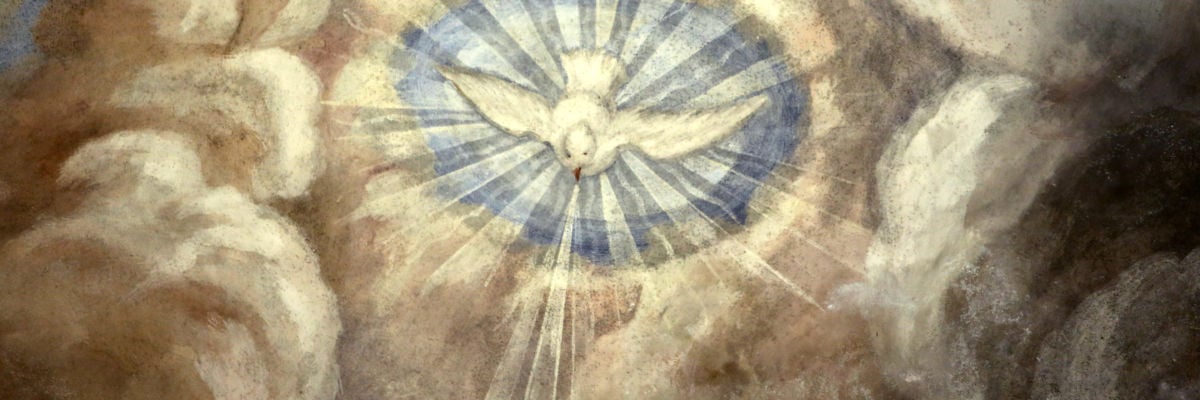
Question:
Answer:
By saying “defined,” we infer you mean a dogmatic teaching of the Church, some of which are not defined in a formal, solemn definition and yet are nevertheless infallibly taught as truths contained in divine revelation, or truths having a necessary connection with these revealed truths. There is no doubt that the Church’s teaching on sanctifying (or “habitual”) grace meets the definition of “dogma” that the Catechism of the Catholic Church provides:
The Church’s Magisterium exercises the authority it holds from Christ to the fullest extent when it defines dogmas, that is, when it proposes, in a form obliging the Christian people to an irrevocable adherence of faith, truths contained in divine Revelation or also when it proposes, in a definitive way, truths having a necessary connection with these (88).
The Council of Trent solemnly defined the Church’s teaching on the seven sacraments and constitutive to the sacraments’ efficacy is the reality and transmission of sanctifying grace (see CCC 2000), beginning in baptism and particularly also in the Eucharist and confession (see, e.g., CCC 1262-74).



